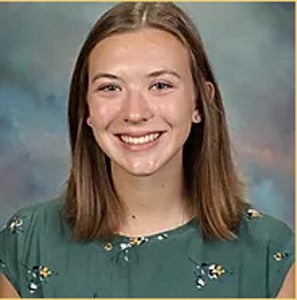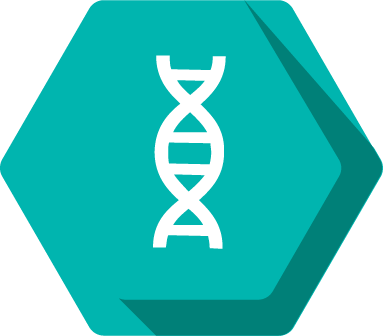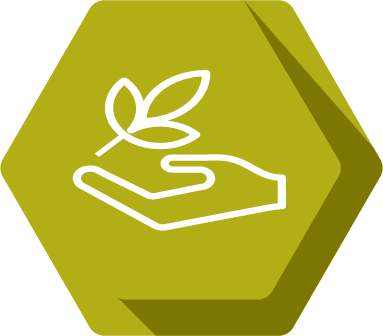Julia Klinkman

Pronouns: she/her
Research Mentor(s): Aimee Classen, Professor
Research Mentor School/College/Department: College of Literature, Science, and the Arts,
Presentation Date: Thursday, April 22, 2021
Session: Session 5 (3pm-3:50pm)
Breakout Room: Room 8
Presenter: 3
Abstract
Parasites can play significant roles in populations, communities, and ecosystems through their interactions with their hosts. Carlson et al. found that between 3 and 33% of parasite species may be facing extinction, but a general lack of long-term parasite studies has made it difficult to identify drivers of population changes (5). Understanding how and why parasite populations change over time can supply important information about the changes the entire ecosystem is experiencing, and it can lead to a better understanding of what factors have the greatest impact on an ecosystem. The University of Michigan Biological Station archives contain parasite data collected during the first half of the 20th century. I have organized and cleaned data on parasites found in Rana frogs at Douglas Lake. I will present results exploring what changes in host-parasite occurrences over space and time. Finally, the parasite data will be input into the GIS mapping software to create visuals that can demonstrate other variables at play. These data approaches will allow us to identify if there are parasite hotspots around Douglas Lake and if those hotspots may have changed over time. Lit Cited: Carlson, Colin J., et al. “A Global Parasite Conservation Plan.” Biological Conservation, vol. 250, Oct. 2020, www.sciencedirect.com/science/article/abs/pii/S0006320719319937?via%3Dihub.
Authors: Julia Klinkman, Aimee Classen, Jason Tallant, Adam Schubel, John Den Uyl
Research Method: Library/Archival/Internet Research






